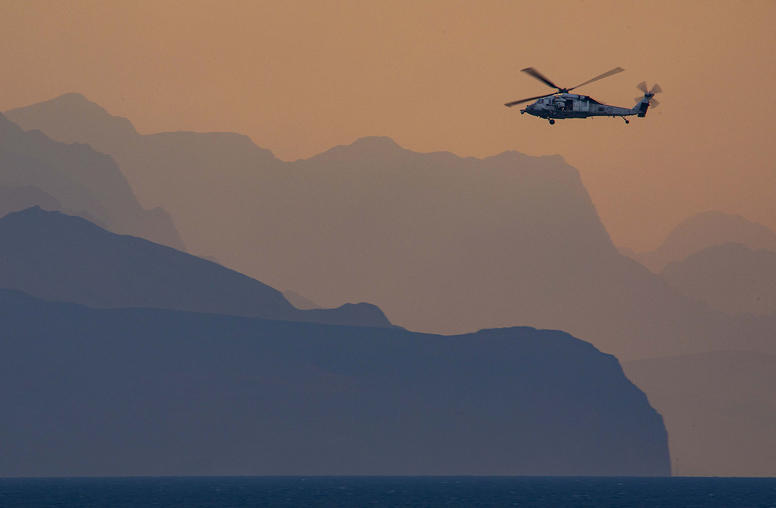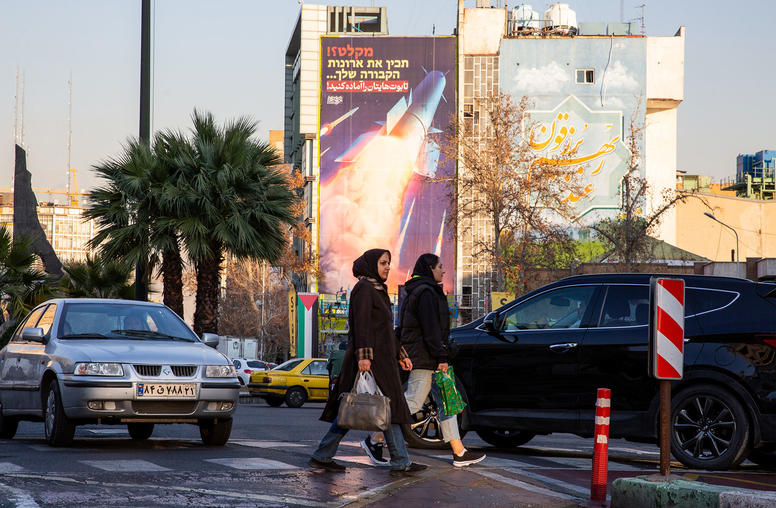Dialogue on Islamic Peacemaking: Report on a Mission to Iran
In October 2007, a delegation of American Muslim specialists of conflict resolution traveled to Iran to discuss ways in which Iranian society approach peacemaking, conflict prevention, dialogue, and conflict resolution. The delegation met with a wide spectrum of members of civil society, lawyers, human rights experts, NGOs, academicians, high-ranking religious leaders, university students, social scientists, and theologians. The delegation engaged in serious dialogue with reformists and conservatives in order to understand the variety of complex debates and struggles that currently exist in Iran. Three delegates will present their analysis of their meetings with Iranians and how these insights might inform the current debate on U.S.-Iran relations. Some issues that will be discussed are:
- What are the current trends in Iranian political and social peace discourse?
- How do Iranian experts on peace and human rights view their work in terms of reform?
- What are leading Shi'ite theologians saying about peace and conflict in these times of high tension?
- What are the major concerns of Iranian youth?
- Is there common ground for Americans and Iranians to discuss peacemaking measures?
Speakers
- Dr. Mohammed Abu-Nimer
Senior Fellow, U.S. Institute of Peace, and Director, Peacebuilding and Development Institute, American University - Dr. Ayse Kadayifci
American University - Dr. Qamar-ul Huda
Senior Program Officer, U.S. Institute of Peace - David Smock, Moderator
U.S. Institute of Peace
Archived Audio
To listen to audio or to view video, please click on the links provided below. You also can right click on the links and choose "Save Target As" or "Download Linked File." This will save the file to your computer and then allow you to play it in your media player directly. More Audio Help.
- Listen to the audio from this event.
1:52:16 - 20MB



